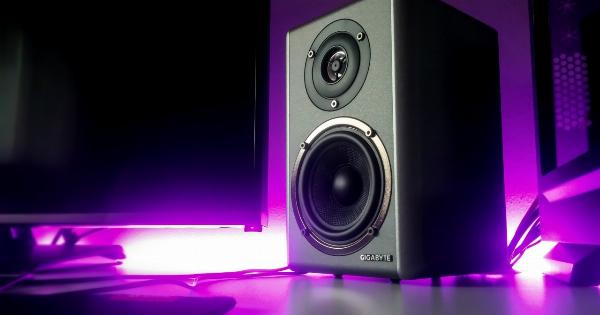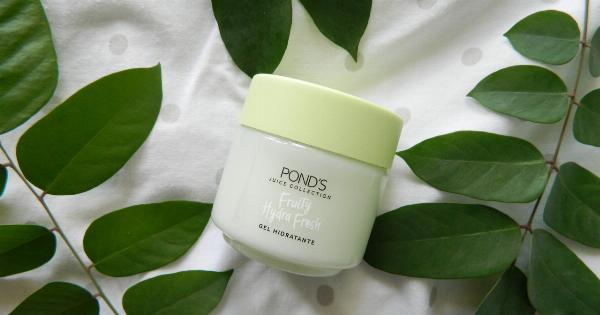Your skin is the largest organ of your body and the first line of defense against external factors such as pollutants, harmful UV rays, and bacteria.
It is essential to take care of your skin, especially at night, as this is the time when your skin undergoes the repair process and rejuvenates itself. In this article, we will explore various ways you can revitalize your skin at night and get rid of acne.
1. Cleanse your face before bed
Before heading to bed, it is crucial to remove all traces of makeup, dirt, and sebum from your face. Use a gentle cleanser that suits your skin type to avoid stripping the natural oils and damaging the skin’s moisture barrier.
Cleansing will help unclog pores and prevent acne-causing bacteria from wreaking havoc on your skin throughout the night.
2. Exfoliate regularly
Exfoliation is key to removing dead skin cells that can clog pores and lead to acne breakouts. However, be cautious not to over-exfoliate, as it can cause irritation and dryness.
Choose a gentle exfoliator with ingredients like salicylic acid or alpha-hydroxy acids (AHAs) to help keep your skin smooth and clear.
3. Apply a nighttime serum
Nighttime serums are formulated to penetrate deeper into the skin and deliver potent ingredients that can address specific skin concerns.
Look for serums that contain ingredients like retinol, niacinamide, or hyaluronic acid to promote collagen production, reduce inflammation, and hydrate the skin.
4. Moisturize before sleep
Applying a moisturizer before bed is essential for keeping your skin hydrated and preventing excessive dryness. Opt for a lightweight, non-comedogenic moisturizer that won’t clog your pores.
If you have acne-prone skin, look for moisturizers that contain ingredients like tea tree oil or benzoyl peroxide to combat acne-causing bacteria.
5. Use a quality pillowcase
Believe it or not, the type of pillowcase you sleep on can also impact your skin. Switch to a silk or satin pillowcase, as these materials can help reduce friction and minimize the risk of irritation or acne caused by rough cotton pillowcases.
6. Avoid touching your face
Throughout the day, your hands come into contact with numerous bacteria and germs. Touching your face frequently can transfer these impurities onto your skin, leading to breakouts and acne.
Make a conscious effort to avoid touching your face, especially when your hands are not clean.
7. Get enough sleep
Sleep deprivation can increase stress levels and trigger hormonal imbalances, leading to acne flare-ups. Aim for 7-9 hours of quality sleep each night to give your skin ample time to repair and regenerate.
Create a relaxing bedtime routine to help you unwind and ensure a good night’s sleep.
8. Apply a spot treatment
If you have an active pimple or occasional breakouts, applying a targeted spot treatment can help speed up the healing process.
Look for spot treatments containing ingredients like benzoyl peroxide or salicylic acid, which can help reduce inflammation and kill acne-causing bacteria.
9. Keep your hair off your face
If you have long hair, tying it back or using a headband while sleeping can prevent oils and hair products from coming into direct contact with your skin. This reduces the risk of clogged pores and acne breakouts along the hairline or forehead.
10. Stay hydrated
Drinking enough water is essential for maintaining overall skin health. When your body is properly hydrated, it can flush out toxins and keep your skin looking fresh and plump.
Aim to drink at least 8 glasses of water per day to keep your skin hydrated from within.




























